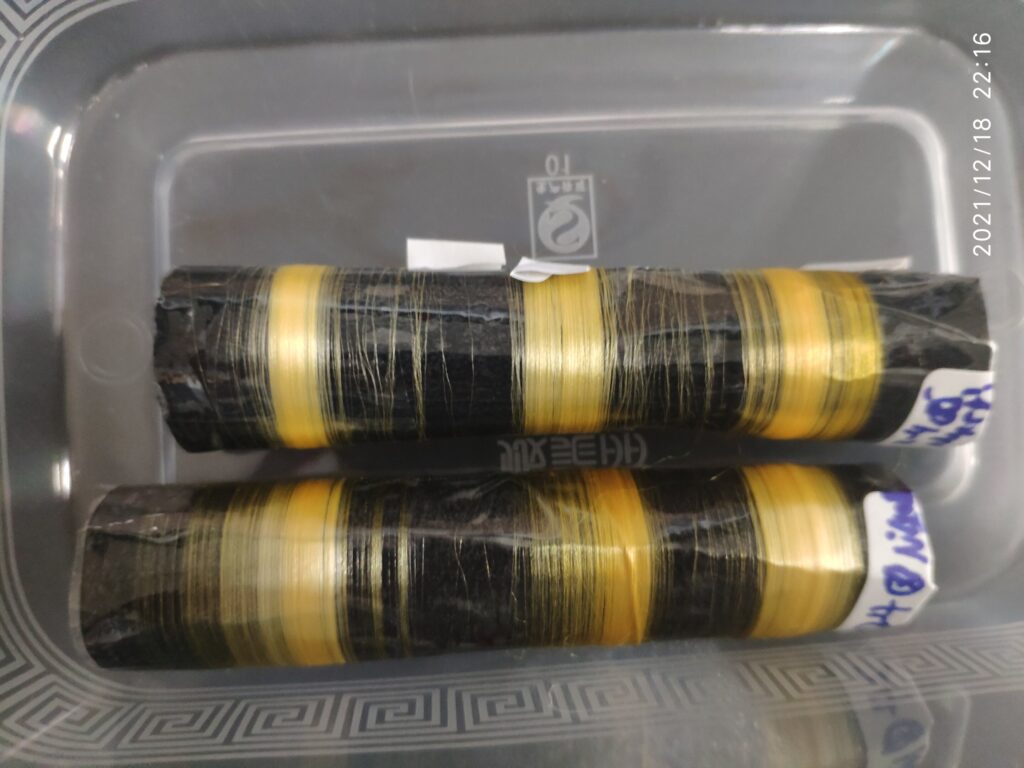
Spider silk from modified silkworms: stronger than Kevlar and 100% natural
A research team produces spider silk from transgenic silkworms, offering an eco-friendly alternative to synthetic fabrics.

A research team produces spider silk from transgenic silkworms, offering an eco-friendly alternative to synthetic fabrics.

The future of agriculture passes through CRISPR: here's how gene editing can feed the world in a sustainable and resilient way.

The first CRISPR gene editing application against thalassemia and other blood diseases will change the future of drug development.

The alteration of some genes causes important consequences on social behavior in animals: the relationship between biology and behavior could be much more complex than previously thought.

A new type of hypoallergenic cats obtained from gene editing of allergy causing proteins? With CRISPR you can.
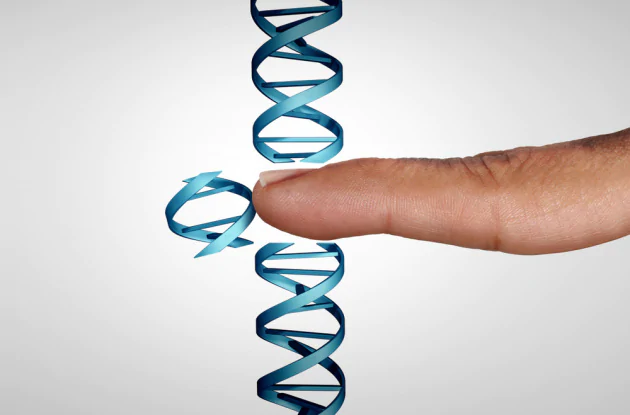
A joint research team has developed Cindela, a "genetic surgery" method to tackle cancer without side effects
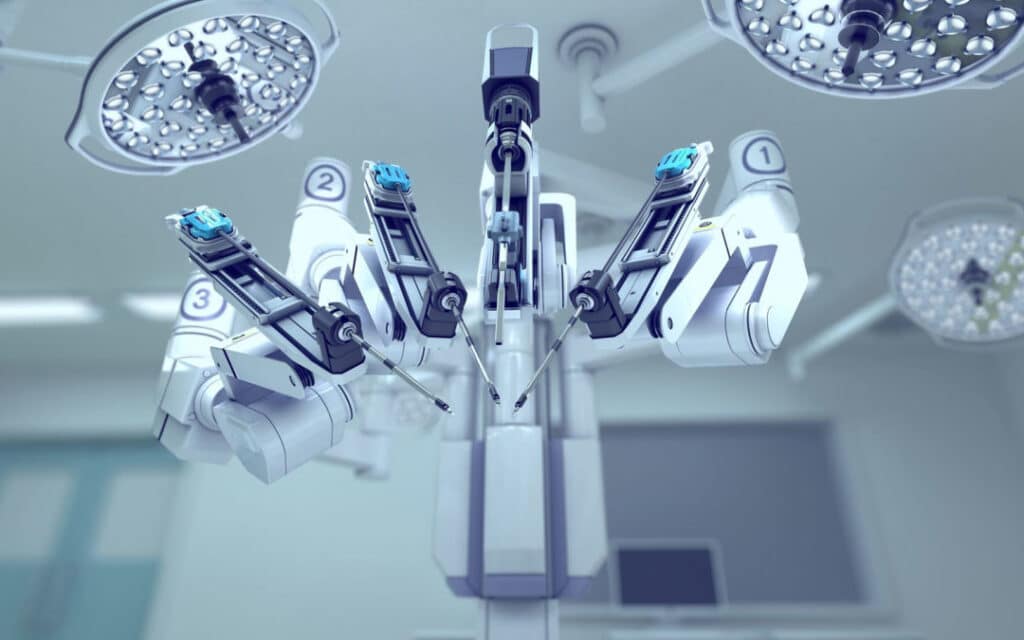
Each of these modern medical marvels would have been considered pure magic just a hundred years ago.
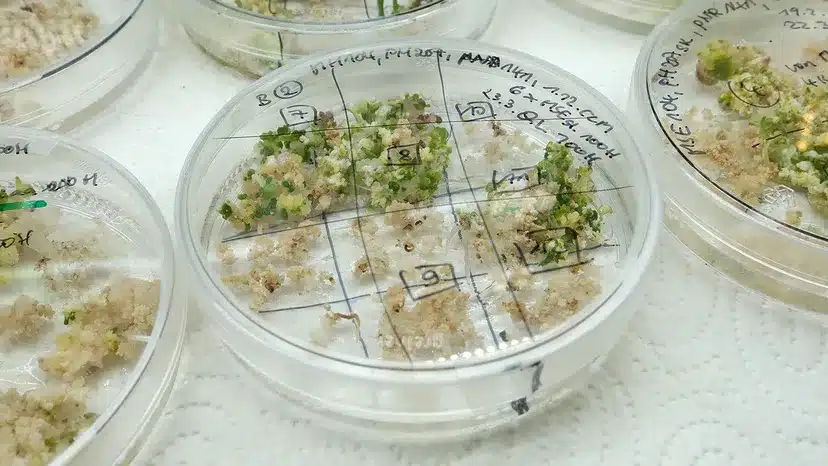
Since its introduction, CRISPR continues to surprise: here are 5 curious solutions currently being studied for the most famous "molecular scissors" in the world.

A new editing technique called RLR can surpass CRISPR results and open up even more important breakthroughs in genetics.
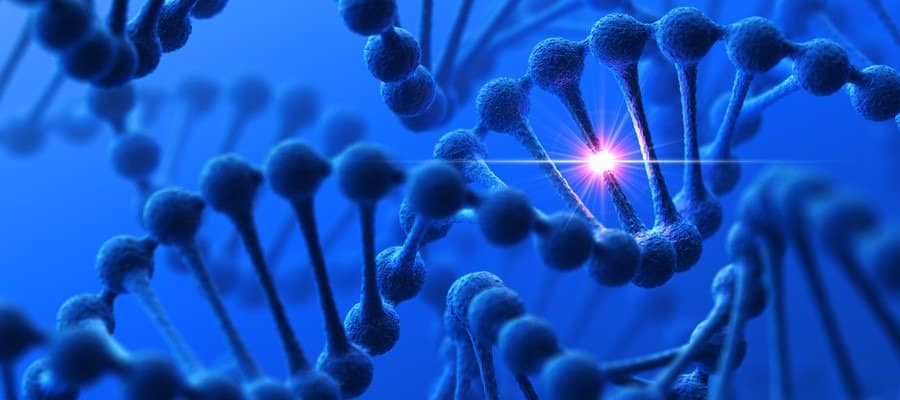
An extraordinary result of experimental therapies on mice shows how it is possible to reduce high cholesterol by 57% with a single injection. If it works on humans it will be a revolution.

Genetic doping: a new frontier of unfair sport, still difficult to identify. Today begins the path to make it visible.
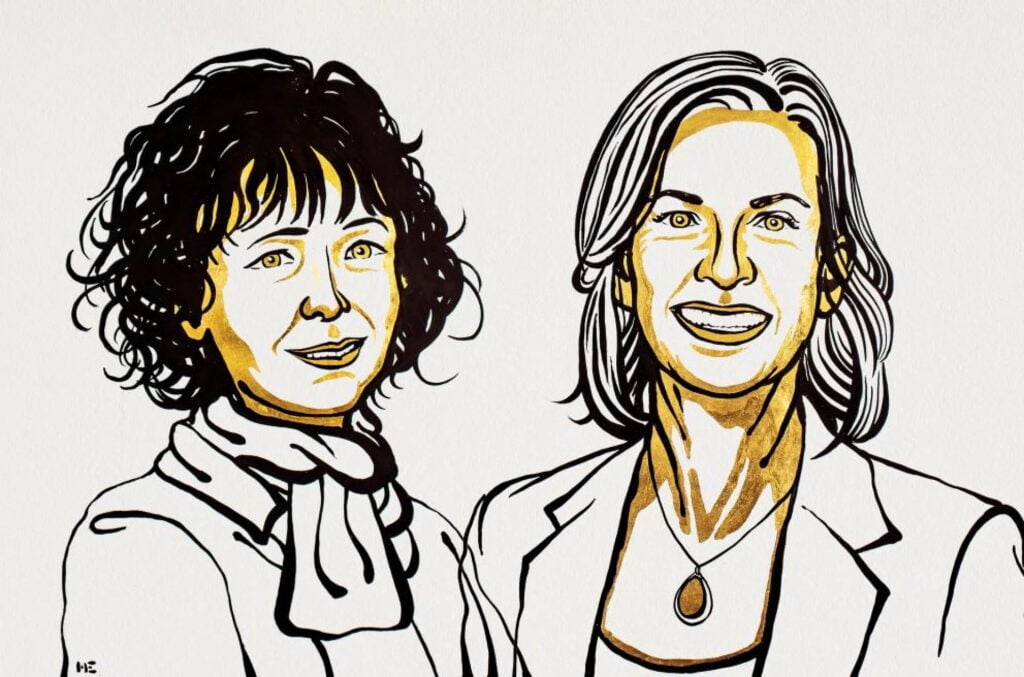
The 2020 Nobel Prize in Chemistry goes to the scientists who made the most important discovery of the last decade: CRISPR can change our future.
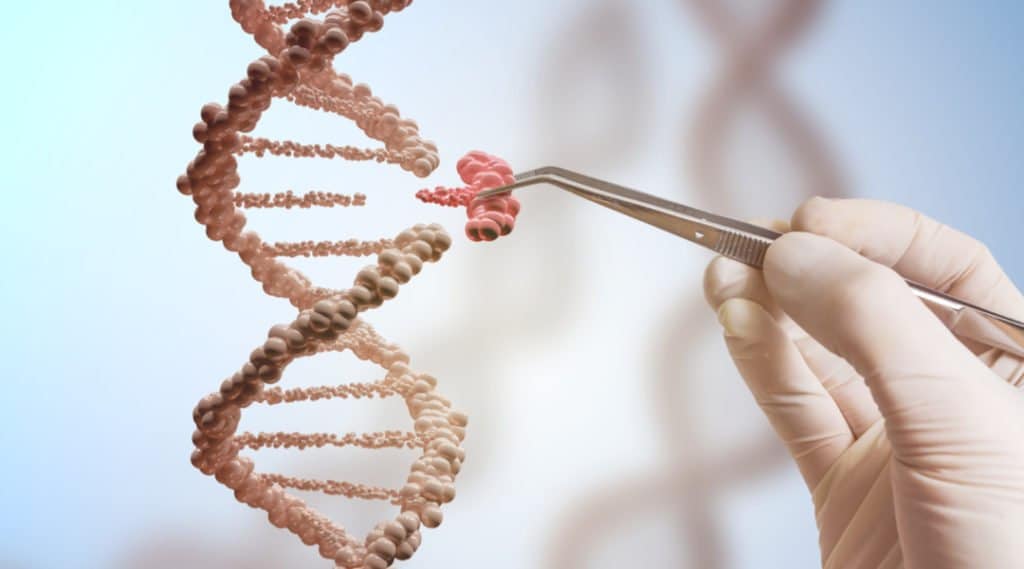
Results of in vivo tests directly on humans, data on cancer patients and more: gene editing meets its future
The CRISPR test will cure an inherited form of blindness in subjects with healthy eyes, but without the gene that converts light into signals that produce vision.
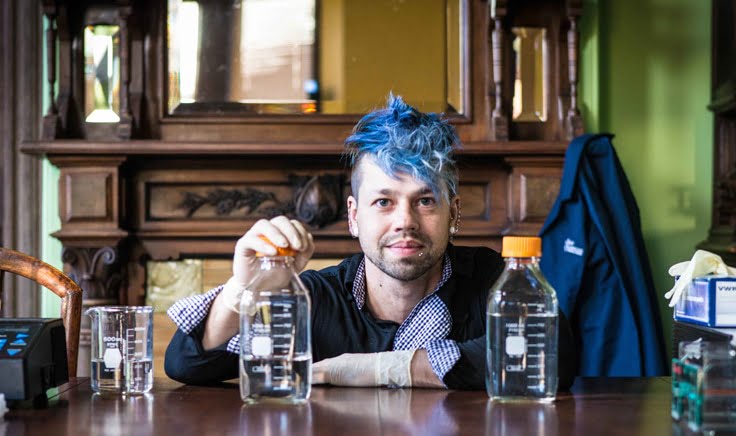
The investigation into illegal practice of the medical profession could have implications for all those who do "biohacking", the practice of altering their bodies with frontier implants or medical treatments.